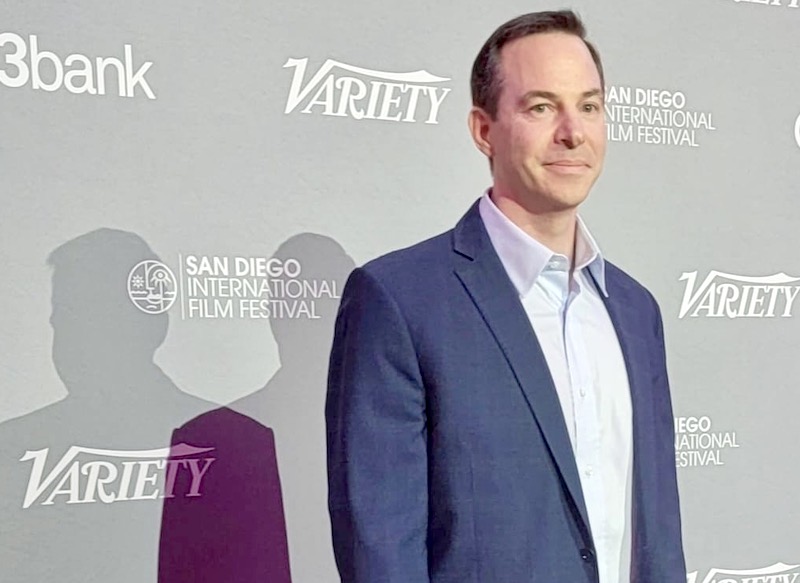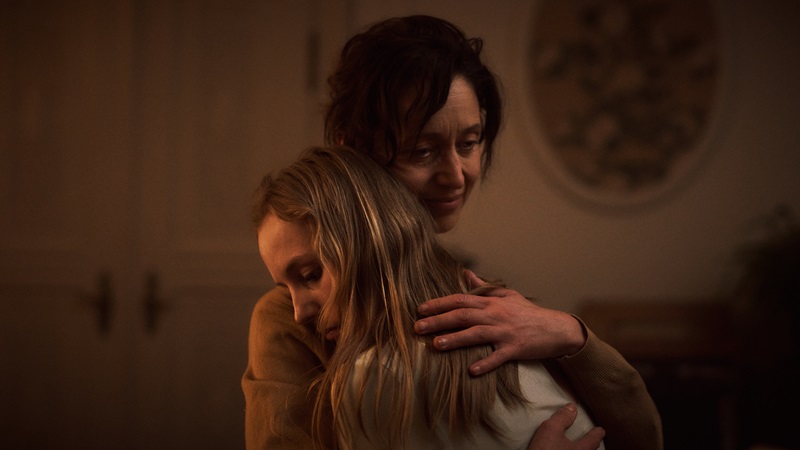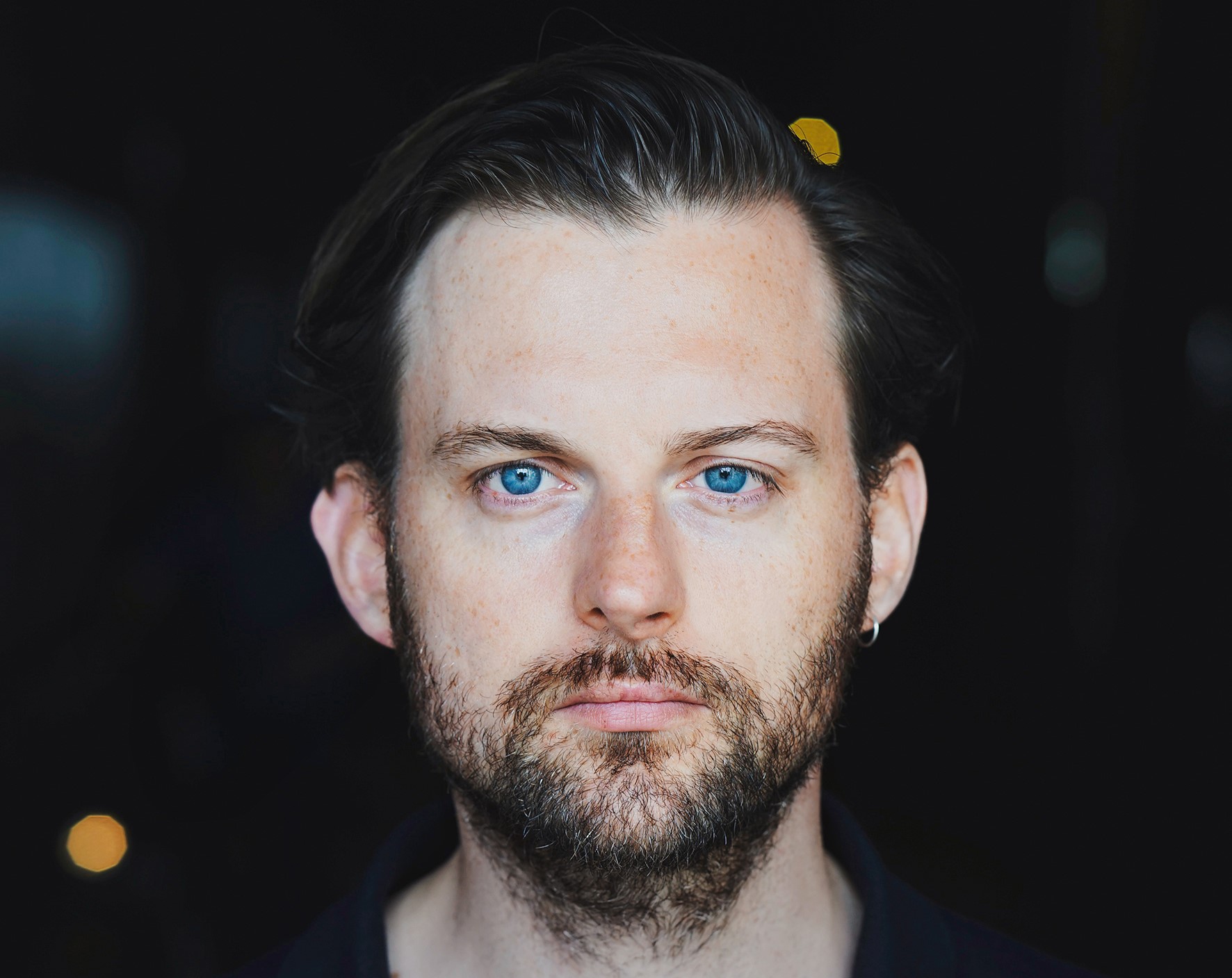Interview with The Collaborator Director, Travis Hodgkins: 'Friendship and Loss
Cinema / Interview - 03 December 2024
Check out the interview with Travis Hodgkins, director of the movie The Collaborator. Synopsis, Cast

You are the director of the movie The Collaborator. How did you come to choose such a raw story set in a time of war?
Our film's producer, Rashaana Shah, optioned the novel by Mirza Waheed about ten years ago and has been trying to get it made into a movie ever since. She initially approached me about writing the script, but I was very reluctant to take on this project because I'm not from this part of the world and it deals with very sensitive subject matter. I wasn't convinced until I read Mirza's novel, which really moved me. If it wasn't for Mirza's novel, I never would have attempted to make this movie.
Where did the filming take place? Was there a curious story you wanted to tell?
The novel and the movie are set in Kashmir in the early 1990s. But we couldn't shoot the movie on location in Kashmir because we couldn't get the necessary approvals, and we couldn't shoot in the USA because of the SAG strike. That left us with the options of shooting in Turkey, Serbia, Kurdistan, and the Republic of Georgia. We eventually settled on the Republic of Georgia, and we shot on location in villages all around Tbilisi and in the Caucasus mountains along the Russian border. Our Georgian crew was comprised of wonderful, talented people. Because of their own continuing conflict with Russia, they were really moved by the story of this movie for personal reasons, which I think shows on screen.
This was a truly international production. Many of our HODs came from India, our crew was comprised of Georgians, our fabulous DOP came from Sweden, many of our wonderful actors came from the UK and India, and our post-production was done at a great studio in Thailand. It was amazing getting so many different people from around the world together to make a movie, but it also created some interesting problems regarding communication. We mostly spoke English on set with varying degrees of success, and when that didn't work, we resorted to pantomiming and drawing pictures. It could be frustrating at times but also really funny.
The movie is about friendship. What is your relationship to friendship?
Friendship and loss are the two big themes in the novel that really moved me when I read it. I grew up in a small town like the characters in the movie, and like them, my friends were kids I’d known all my life since I was a little boy. We all had dreams of leaving our small town and making our lives into something special, something extraordinary, and some of my friends, more than I care to count, died young. When you lose someone at that age, someone you’ve grown up with, someone you’ve known all your life, the emotion—that feeling of loss—is overwhelmingly intense, and it stays with you forever. I revisited that feeling many times while writing the script and while shooting the picture, and it was discussed many, many times with the actors and DOP and editor and anyone involved in the creatives in order to find and keep the right tone throughout the movie. As you can imagine, these discussions often became very emotional as we all shared stories about friends we’d lost while growing up, but what it showed time and again is we could all relate to these young men from Kashmir, and we could bring something authentic from our lives to this story.
The movie was selected for several festivals. How was it received by the audience?
We had our world premiere at the San Diego International Film Festival, and it was very well received by two full houses. It was also a finalist for Best Feature Film at the Antakya International Film Festival in Turkey, and it was very well received in Italy at the Salerno International Film Festival. It will screen again soon in December at Dances With Films in New York and the Karama Human Rights Film Festival in Amman, Jordan. We are very honored to be in these festivals, and the audiences' responses have been overwhelmingly positive.
I think Rashaana's goal from the beginning was to make a movie that resonates with audiences all around world, and I think we've been successful in that. We didn't want to beat the audience over the head with a message about war or peace or anything else. We just wanted to make a movie that people would enjoy watching, and hopefully afterwards it would stay in their minds long enough that they would research it and learn something about what is happening in this part of the world.
Can you tell us about your future projects?
I can't make anything public at this time, but I'm in discussions to hopefully go into production on a new project soon. Also, because I'm a writer and director, I've got many scripts in my proverbial "desk drawer" that are ready to go.
© All right Reserved












